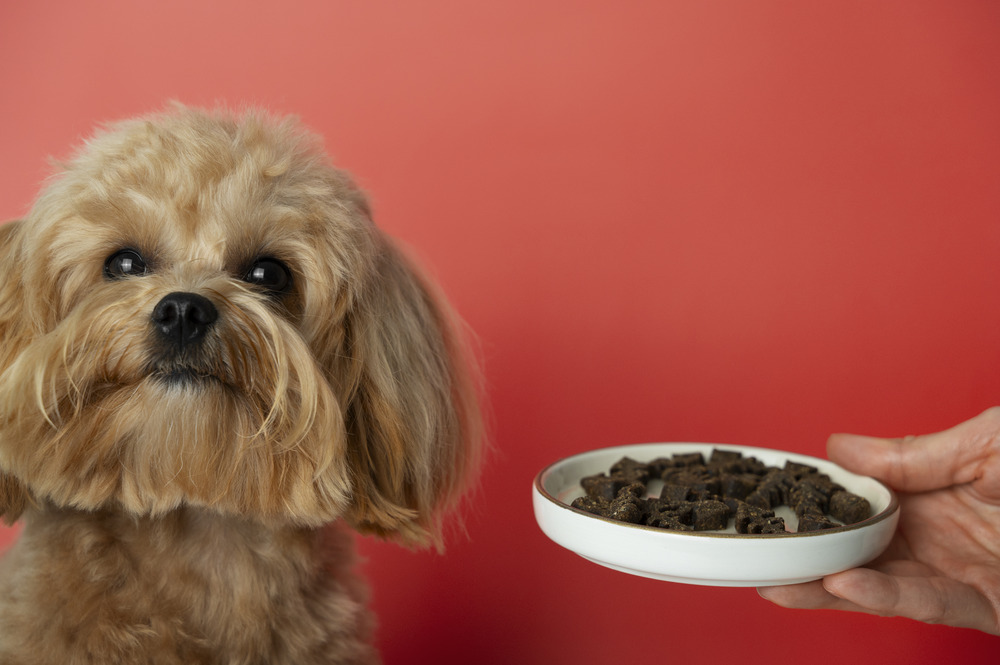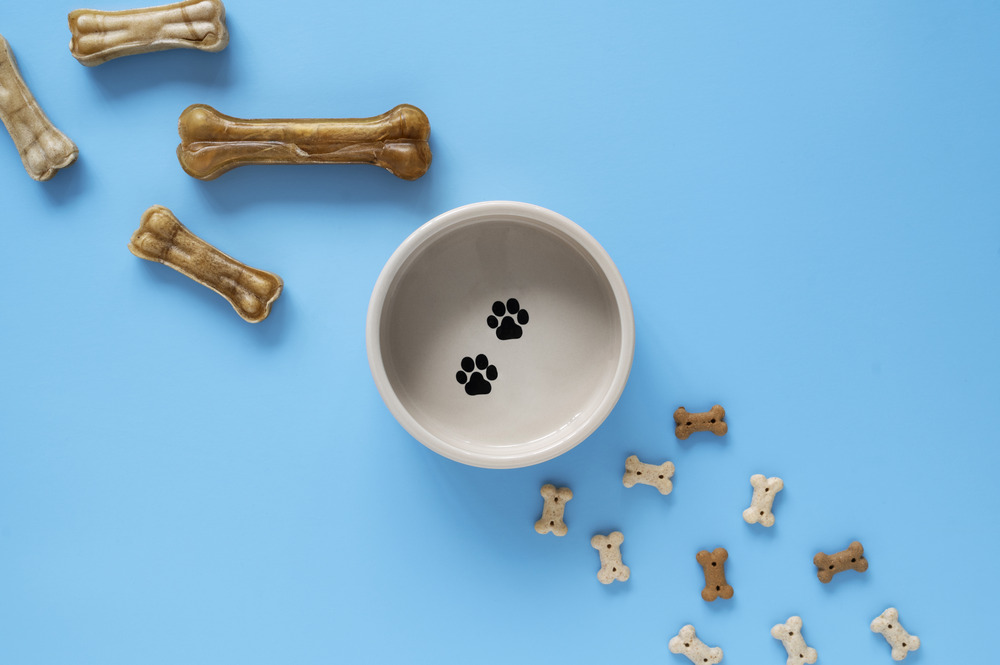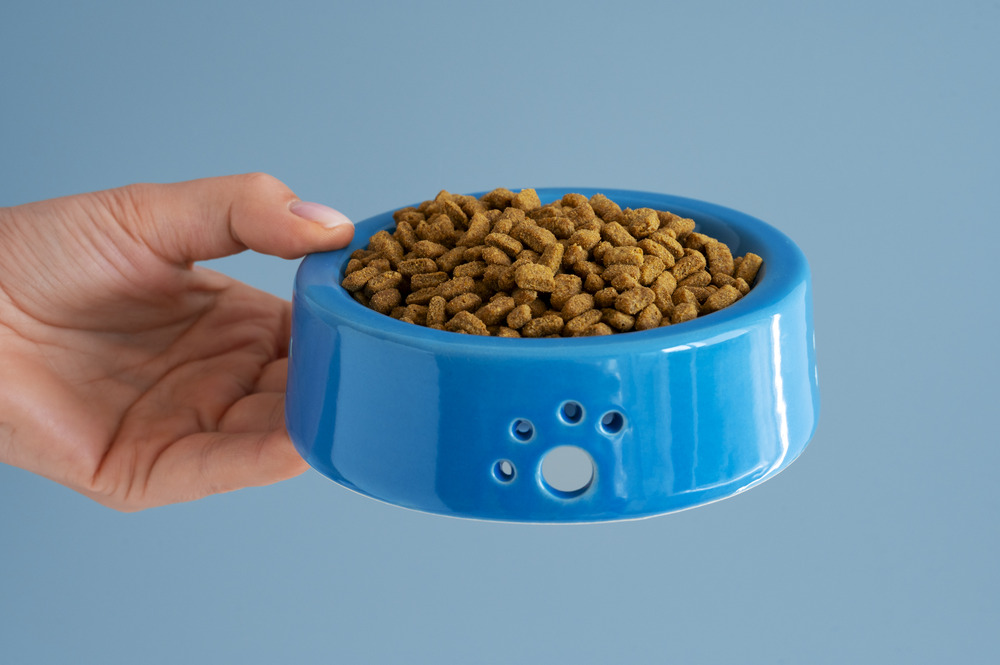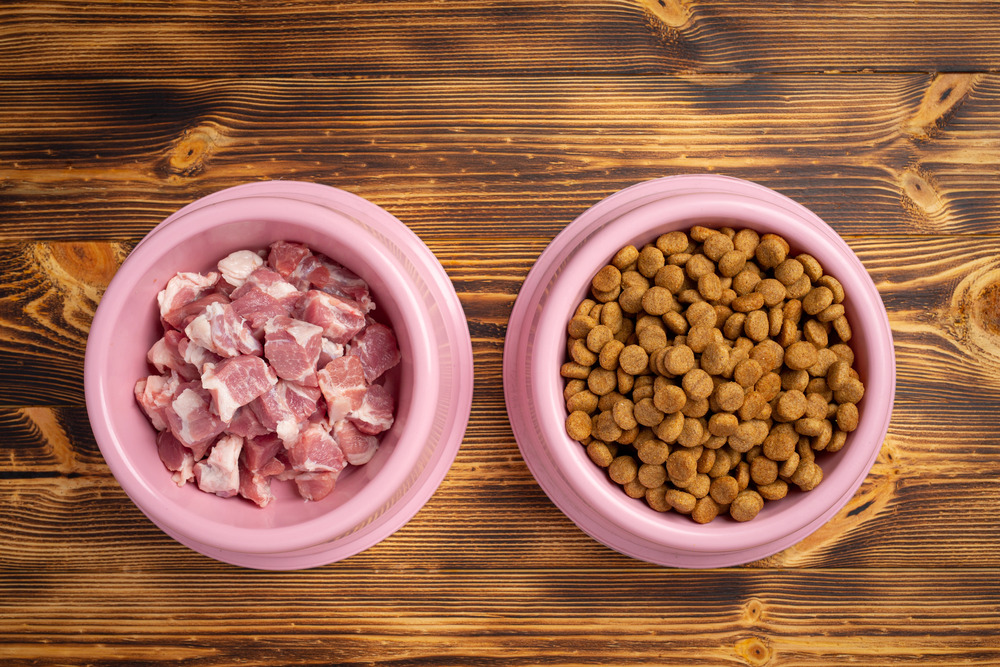Maintaining optimal gut health is crucial for our furry friends. Just like humans, pets can experience a range of digestive issues that can affect their overall well-being. A healthy gut contributes to better nutrient absorption, a stronger immune system, and improved mood. In this blog, we will explore effective dietary tips to help prevent digestive problems in pets, supported by rich statistics and clear tables. 🐾

Understanding Gut Health in Pets
The gut microbiome plays a significant role in your pet's health. It consists of trillions of microorganisms that aid in digestion, produce essential vitamins, and protect against harmful bacteria. A balanced gut microbiome can lead to a happier and healthier pet. According to recent studies, approximately 70% of a pet's immune system is located in the gut, highlighting the importance of maintaining gut health.
Common Digestive Issues in Pets
Before diving into dietary tips, let’s take a look at some common digestive issues that pets face:
| Digestive Issue | Symptoms | Prevalence (%) |
|---|---|---|
| Diarrhea | Loose stools, frequent bowel movements | 20% |
| Vomiting | Regurgitation, nausea | 15% |
| Constipation | Infrequent bowel movements, straining | 10% |
| Bloating | Abdominal discomfort, excessive gas | 5% |
These issues can stem from various factors, including diet, stress, and underlying health conditions. By focusing on diet, we can significantly reduce the risk of these problems.
Dietary Tips for Optimal Gut Health
-
High-Quality Protein Sources: Ensure your pet's diet includes high-quality protein sources such as chicken, turkey, or fish. Proteins are essential for repairing tissues and supporting the immune system.
-
Incorporate Fiber: Fiber is vital for digestive health. It helps regulate bowel movements and can prevent constipation. Consider adding pumpkin or sweet potatoes to your pet's meals.
-
Probiotics and Prebiotics: These beneficial bacteria can help maintain a balanced gut microbiome. Look for pet foods that contain probiotics or consider adding a probiotic supplement. Foods like yogurt (for dogs) or specific prebiotic fibers can also be beneficial.
-
Hydration is Key: Always ensure your pet has access to fresh water. Dehydration can lead to digestive issues, so encourage your pet to drink regularly.
-
Avoid Sudden Diet Changes: Gradually introduce any new food to your pet's diet over a week to prevent digestive upset.
Nutritional Breakdown of Common Pet Foods
To help you make informed choices, here’s a comparison of the nutritional content of some popular pet foods:
| Pet Food Brand | Protein (%) | Fiber (%) | Probiotics (CFU/g) | Price ($/lb) |
|---|---|---|---|---|
| Brand A | 30 | 5 | 1 million | 2.50 |
| Brand B | 25 | 4 | 500,000 | 3.00 |
| Brand C | 28 | 6 | 2 million | 2.75 |
When selecting a pet food, consider not only the price but also the nutritional value. Investing in high-quality food can lead to long-term health benefits for your pet.
The Role of Treats in Gut Health
Treats can be a great way to bond with your pet, but they should be chosen wisely. Opt for treats that are low in fillers and high in nutrients. Here are some healthy treat options:
- Carrots: Low in calories and high in fiber.
- Blueberries: Packed with antioxidants and vitamins.
- Sweet Potatoes: A great source of fiber and vitamins.
Healthy Treat Options
| Treat Type | Calories per Treat | Fiber (%) | Benefits |
|---|---|---|---|
| Carrots | 4 | 2 | Low-calorie, high in vitamins |
| Blueberries | 1 | 1 | Antioxidant-rich, immune support |
| Sweet Potatoes | 30 | 3 | High in fiber, promotes digestion |
Monitoring Your Pet's Gut Health
Regular vet check-ups are essential for monitoring your pet's gut health. Keep an eye on their eating habits, stool consistency, and overall behavior. If you notice any changes, consult your veterinarian.
For more information on pet nutrition and health, you can visit PetMD or The American Kennel Club. These resources provide valuable insights into maintaining your pet's health.
Conclusion
In conclusion, maintaining your pet's gut health is a multifaceted approach that starts with a balanced diet. By incorporating high-quality proteins, fiber, probiotics, and healthy treats, you can help prevent digestive issues and promote overall well-being. Remember, a happy gut leads to a happy pet! 🐶❤️
By following these dietary tips and monitoring your pet's health, you can ensure they lead a long, healthy, and happy life. Don't forget to share your experiences and tips with fellow pet owners! 🐕✨




